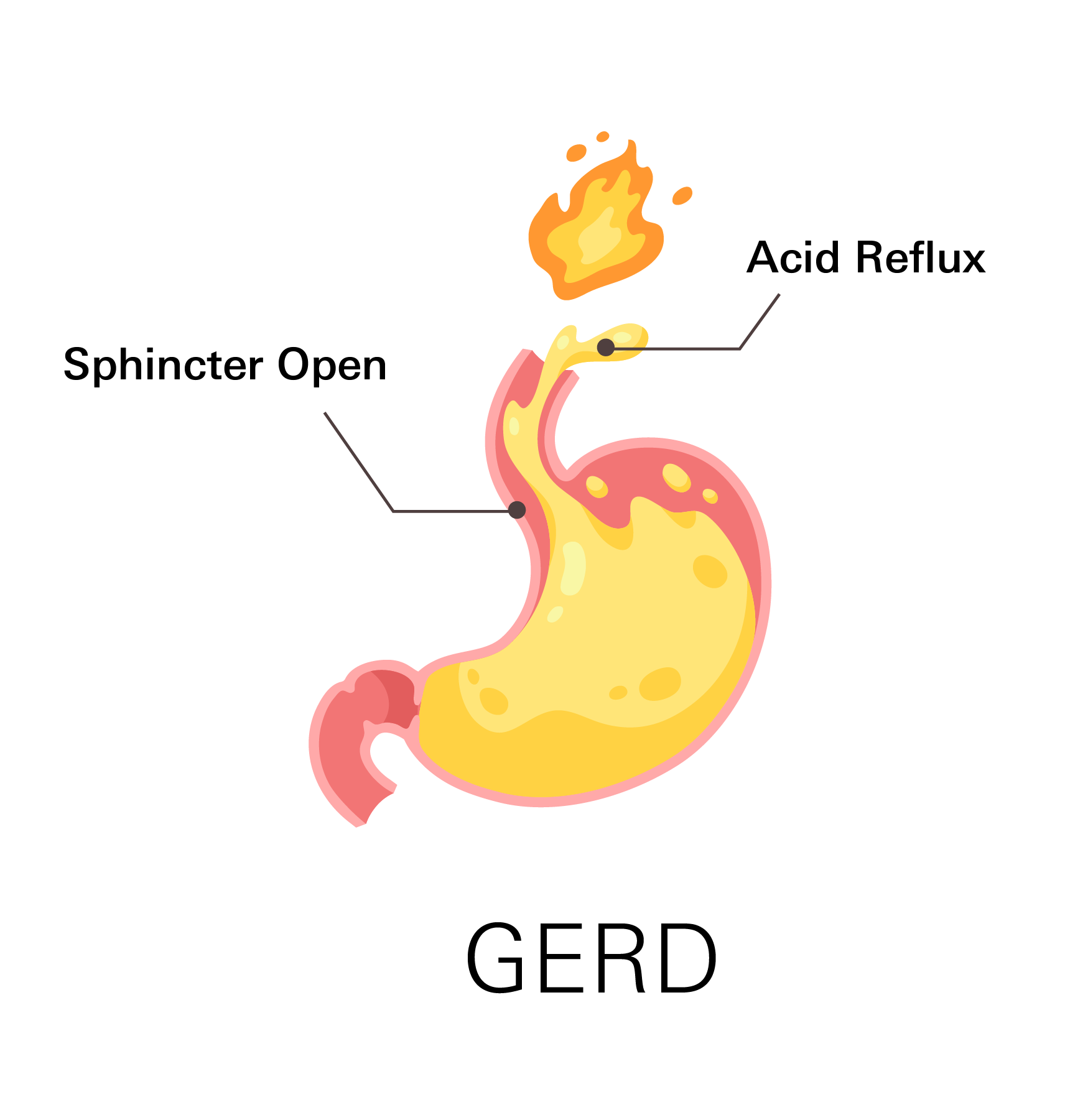Omeprazole vs Esomeprazole: Which Medication Is Best For You?
Omeprazole vs Esomeprazole:
- Both are proton pump inhibitors (PPIs) used to treat GERD and reduce stomach acid.
- Available as prescription and OTC; similar dosing and forms.
- Both are effective, with similar side effects (headache, nausea, diarrhea).
- Take once daily, ideally before a meal; don’t double up if you miss a dose.
- Not enough data to confirm safety in pregnancy—consult your doctor.
- Choice depends on personal preference, cost, and drug interactions; both are considered equally effective.
Omeprazole and esomeprazole are proton pump inhibitors (PPIs) commonly prescribed to reduce stomach acid. They are FDA-approved for treating conditions like gastroesophageal reflux disease (GERD).

What is GERD?
Gastroesophageal reflux disease (GERD), is a chronic digestive disorder where stomach acid frequently flows back into the esophagus due to a weakened or malfunctioning lower esophageal sphincter. This acid reflux can cause symptoms such as heartburn, regurgitation, chest pain, and a persistent cough. GERD is typically diagnosed when reflux occurs more than twice a week and may require long-term management through medication and lifestyle changes.
Omeprazole vs. Esomeprazole: What Are the Similarities?
Omeprazole and esomeprazole are both proton pump inhibitors (PPIs), the first-line treatment for GERD and effective in healing erosive esophagitis, a complication of GERD. As members of the proton pump inhibitor (PPI) class of drugs, they share several key similarities:
Mechanism of Action
Both medications work by targeting the gastric H+/K+ ATPase enzyme (also known as the proton pump) within the stomach's parietal cells. By inhibiting this "proton pump," they reduce the production of stomach acid.
Timing
PPIs are typically taken at least 30 minutes before a morning meal for best results.
Formulations
If you have trouble swallowing pills, both omeprazole and esomeprazole are available as granule packets that can be mixed with liquid, or capsules that can be sprinkled over a spoonful of applesauce. Omeprazole is also available as an orally disintegrating tablet (ODT) that dissolves on the tongue.
Onset and Duration
These medications usually start working within 1–3 hours and provide acid suppression for about 24 hours.
Treatment Course
An initial 8-week course is recommended to relieve symptoms and heal any erosions. If symptoms return after stopping, maintenance therapy may be needed.
Important Note
Omeprazole and esomeprazole should not be taken together, as using both does not increase effectiveness and may raise the risk of side effects. Both are highly effective on their own for treating GERD.
A Side-by-Side Comparison
Omeprazole and esomeprazole are closely related medications used to treat acid-related digestive conditions. While they belong to the same drug class, there are some differences in their formulations, uses, and how they are taken.
| Omeprazole | Esomeprazole | |
|---|---|---|
| Brand Name | Prilosec | Nexium |
| Drug Class | Proton pump inhibitor (PPI) | Proton pump inhibitor (PPI) |
| Availability | Prescription and OTC | Prescription and OTC |
| How to Take | Once daily, best on an empty stomach | Once daily, best 1 hour before a meal or with water |
| Formulations |
|
|
| FDA Approvals |
|
|
| Treatment Duration |
|
Usually 4–8 weeks |
| Notes | Interacts with more medications than esomeprazole |
|
| Effectiveness | Highly effective for acid-related conditions; symptom relief in 1–4 days | May provide more rapid and potent acid suppression and healing in some studies |
Side Effects and Risks
| Esomeprazole | Omeprazole |
|---|---|
|
|
Serious Risks (Rare but Possible)
Immediately contact your doctor and stop taking the medication if you experience any of these serious side effects:
- Severe diarrhea (watery or bloody)
- Low magnesium levels, which may cause dizziness, abnormal heartbeat, muscle cramps, or spasms
- Bone thinning, increasing fracture risk with long-term use
- Vitamin B12 deficiency with prolonged use
- Kidney damage, with symptoms like painful urination, blood in urine, nausea, fever, or confusion
Drug Interactions
Avoid combining these medications with the following without medical advice:
- Warfarin
- Methotrexate
- Mycophenolate
- Citalopram
- Phenytoin
- Digoxin
- Diazepam
- Amoxicillin
- Clarithromycin
- St. John’s Wort
- Iron supplements (e.g., ferrous sulfate)
Avoid alcohol while taking either medication, as it may increase the risk of side effects.
Missing a Dose
Take omeprazole or esomeprazole at the same time every day to help you remember your dose. If you miss a dose, take it as soon as you remember—unless it’s almost time for your next scheduled dose. In that case, skip the missed dose and take your next dose at the usual time. Do not take two doses at once to make up for a missed dose.
Safety During Pregnancy
There is not enough data to confirm whether omeprazole or esomeprazole are completely safe to use during pregnancy. If you are pregnant or planning to become pregnant, talk to your OB-GYN or healthcare provider before starting or continuing either medication.
Which Medication Is Best?
Current guidelines from the American College of Gastroenterology do not prefer one PPI over another for GERD treatment. Both omeprazole and esomeprazole are effective and provide similar relief from heartburn and acid reflux. The choice between them often depends on personal preference, side effect tolerance, cost, and potential drug interactions.
Talk to Your Doctor
Both medications are safe and effective when used as directed. Always consult your healthcare provider to determine which option is best for you, especially if you are taking other medications or have specific health concerns.